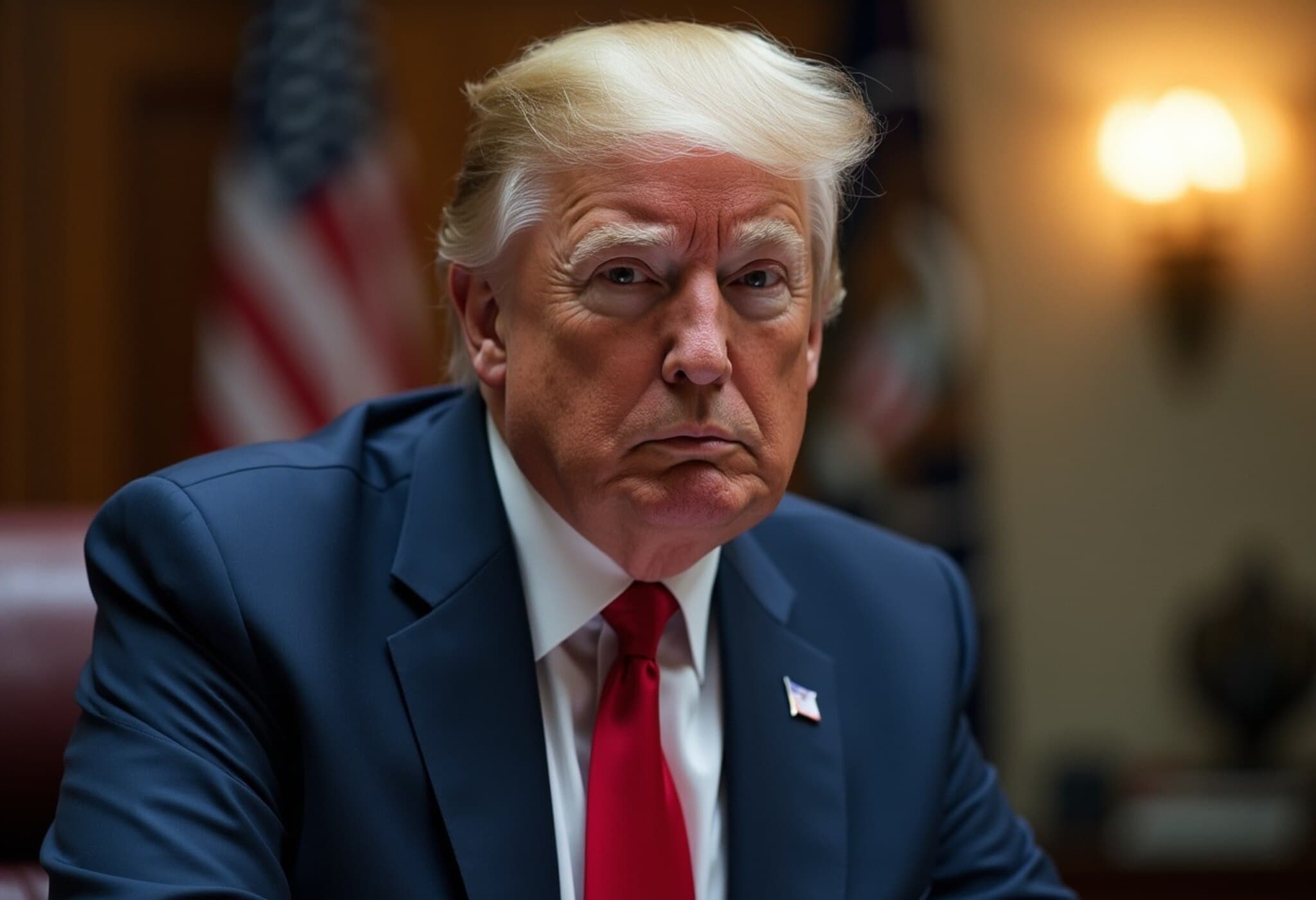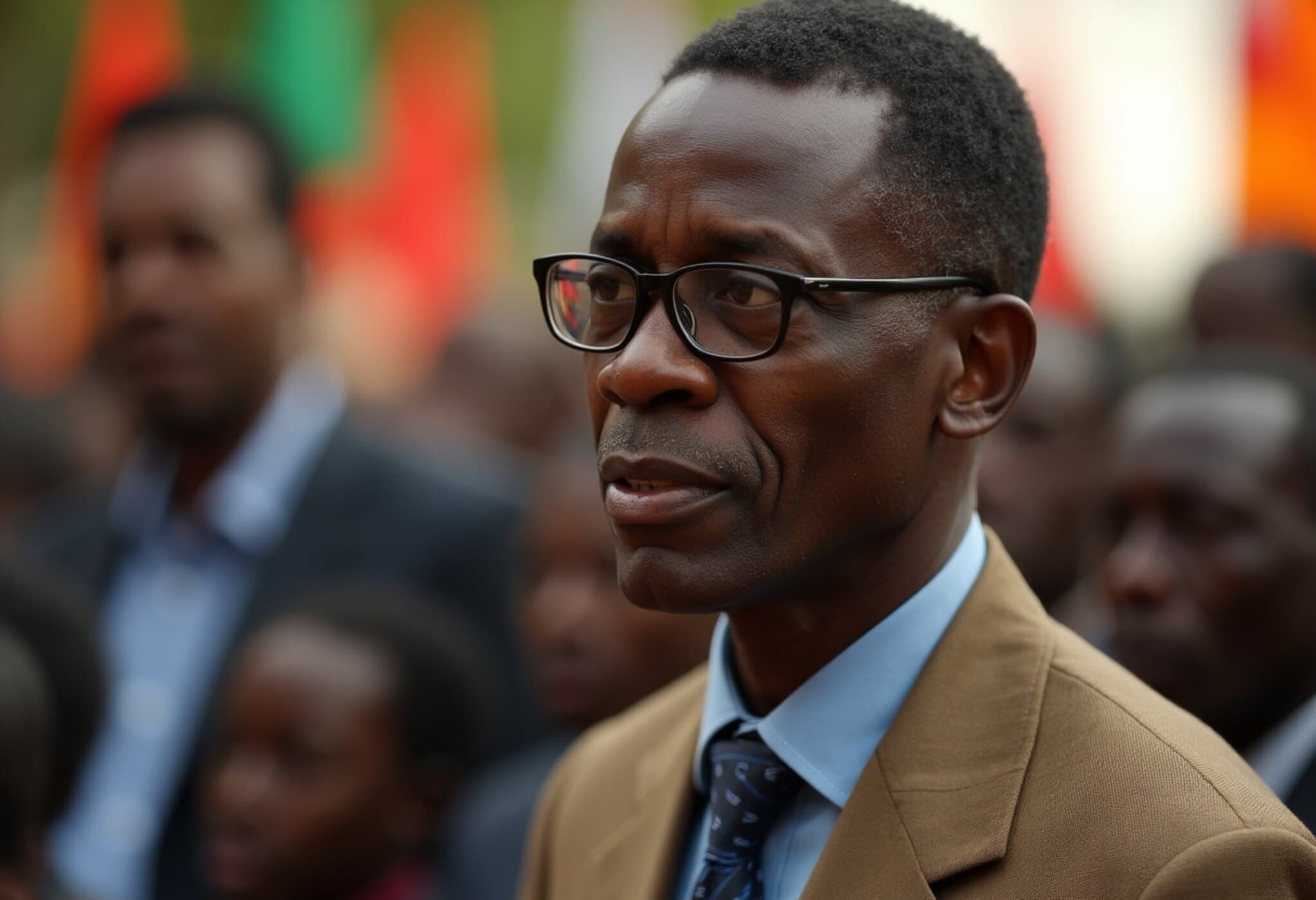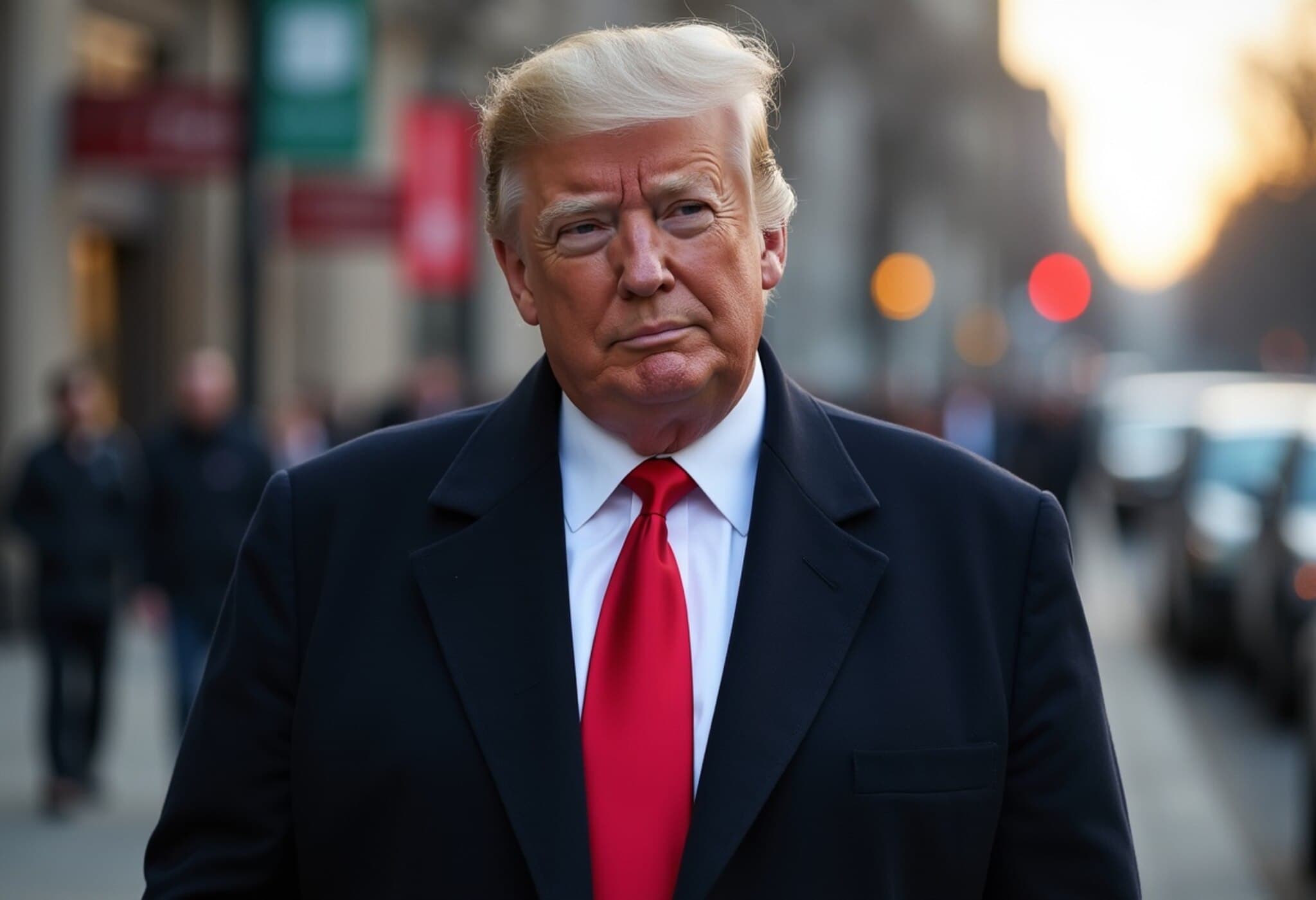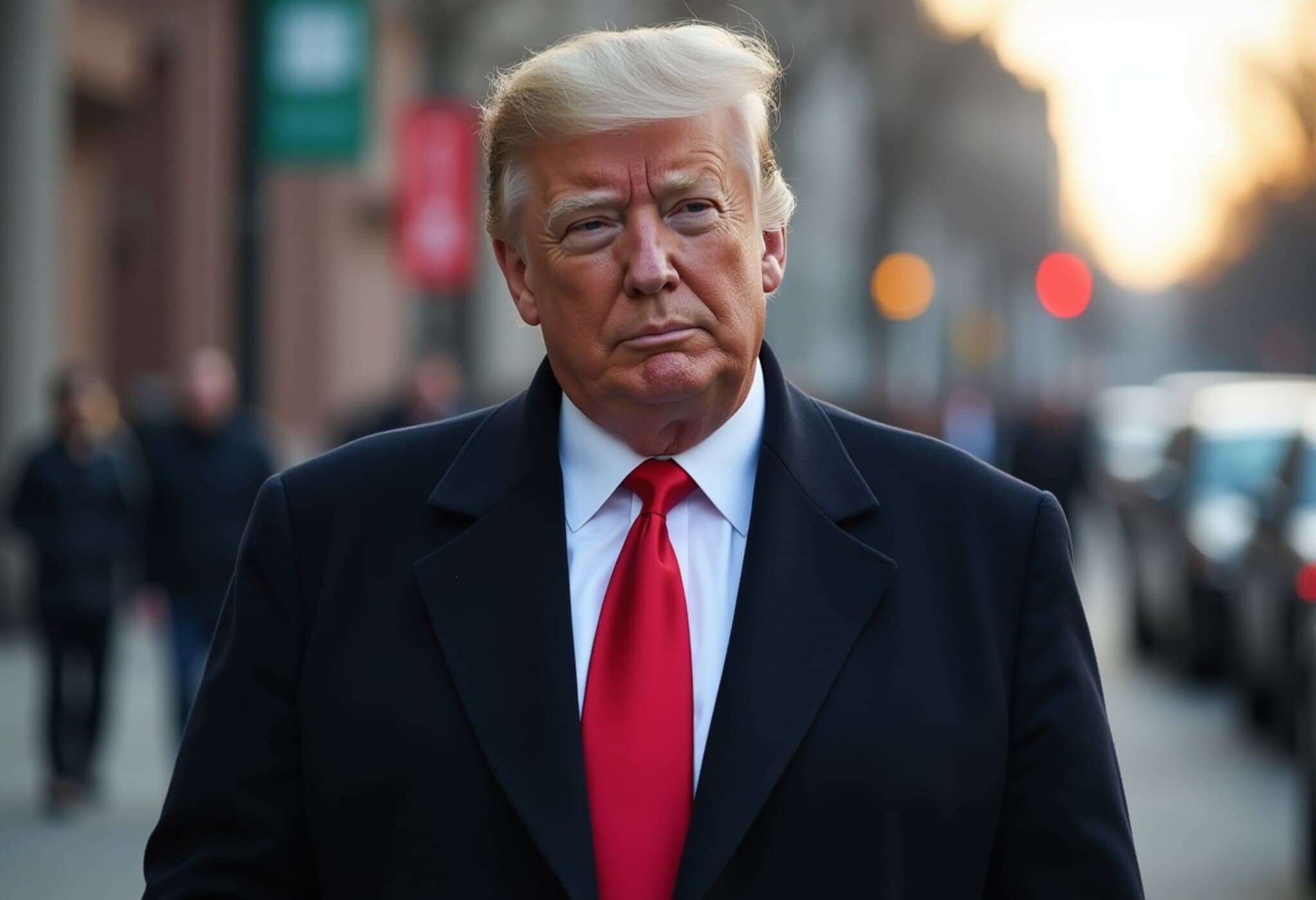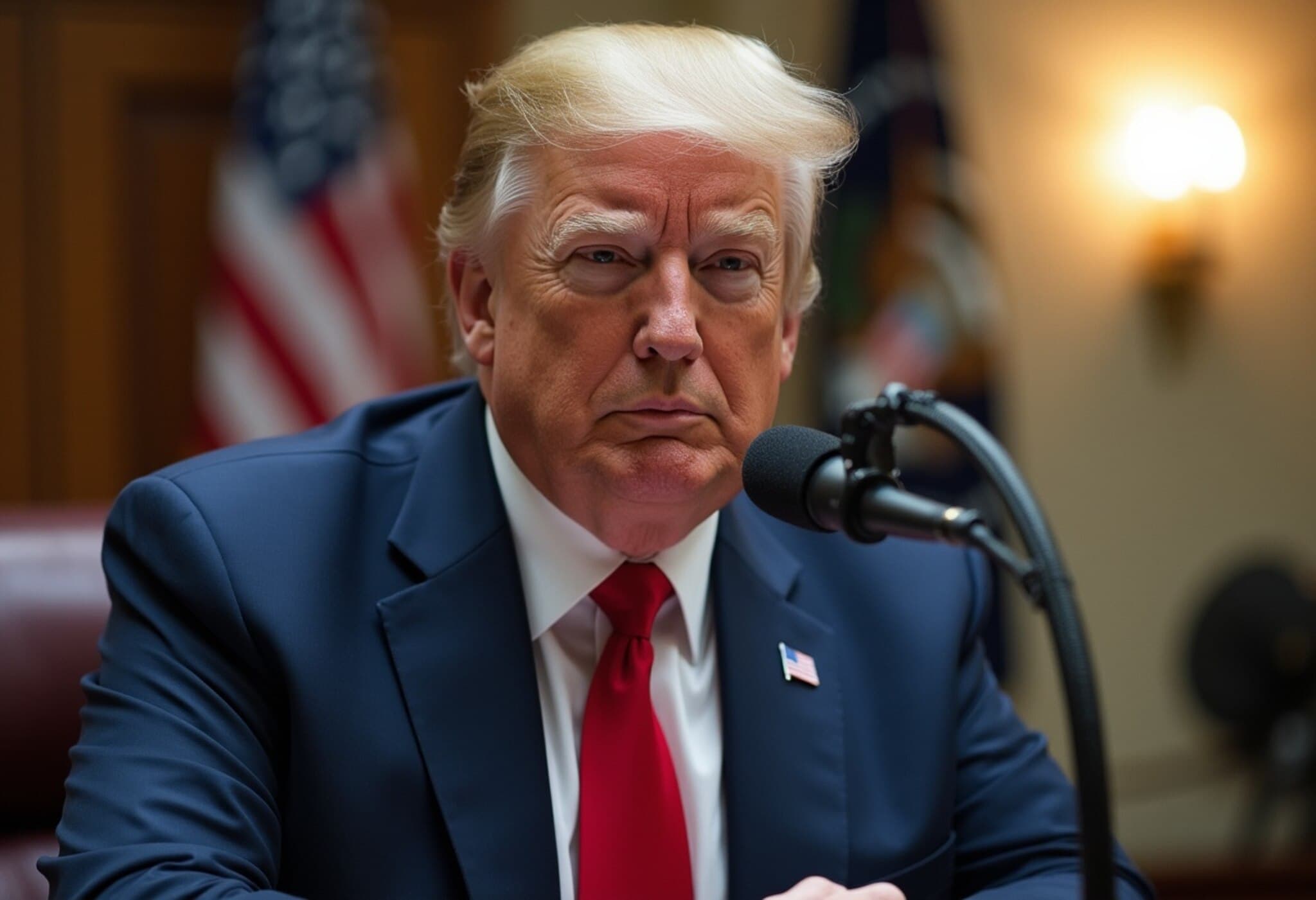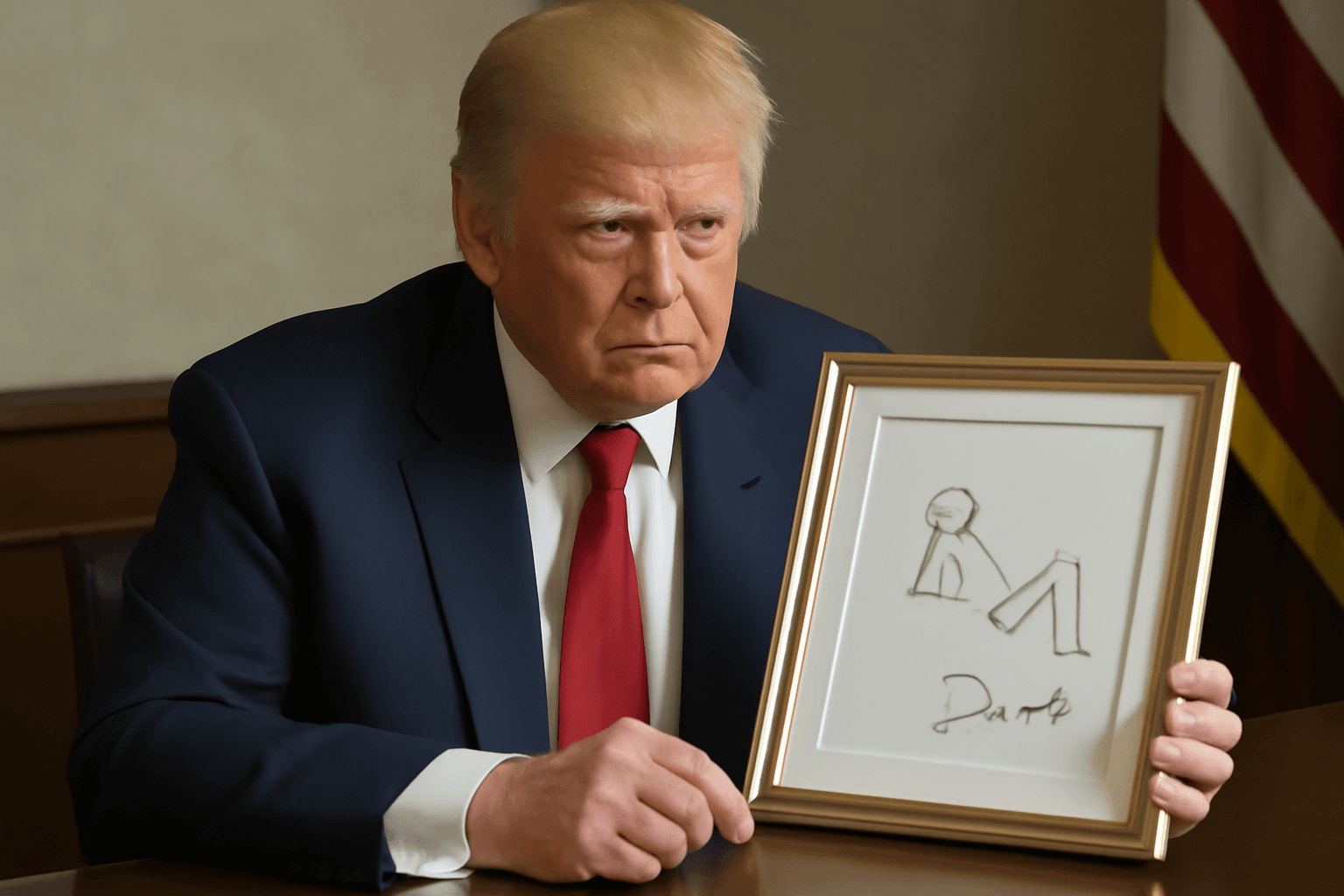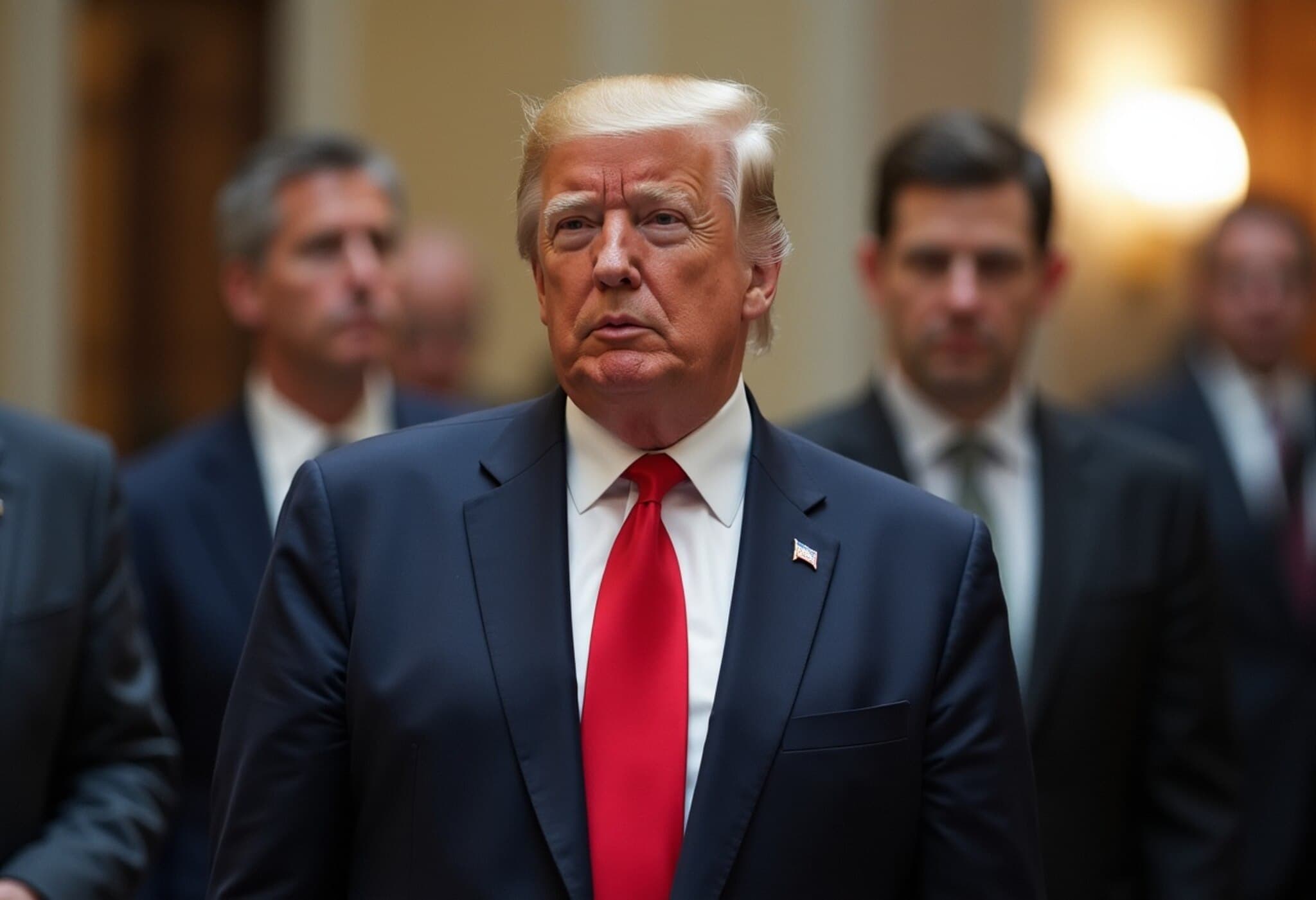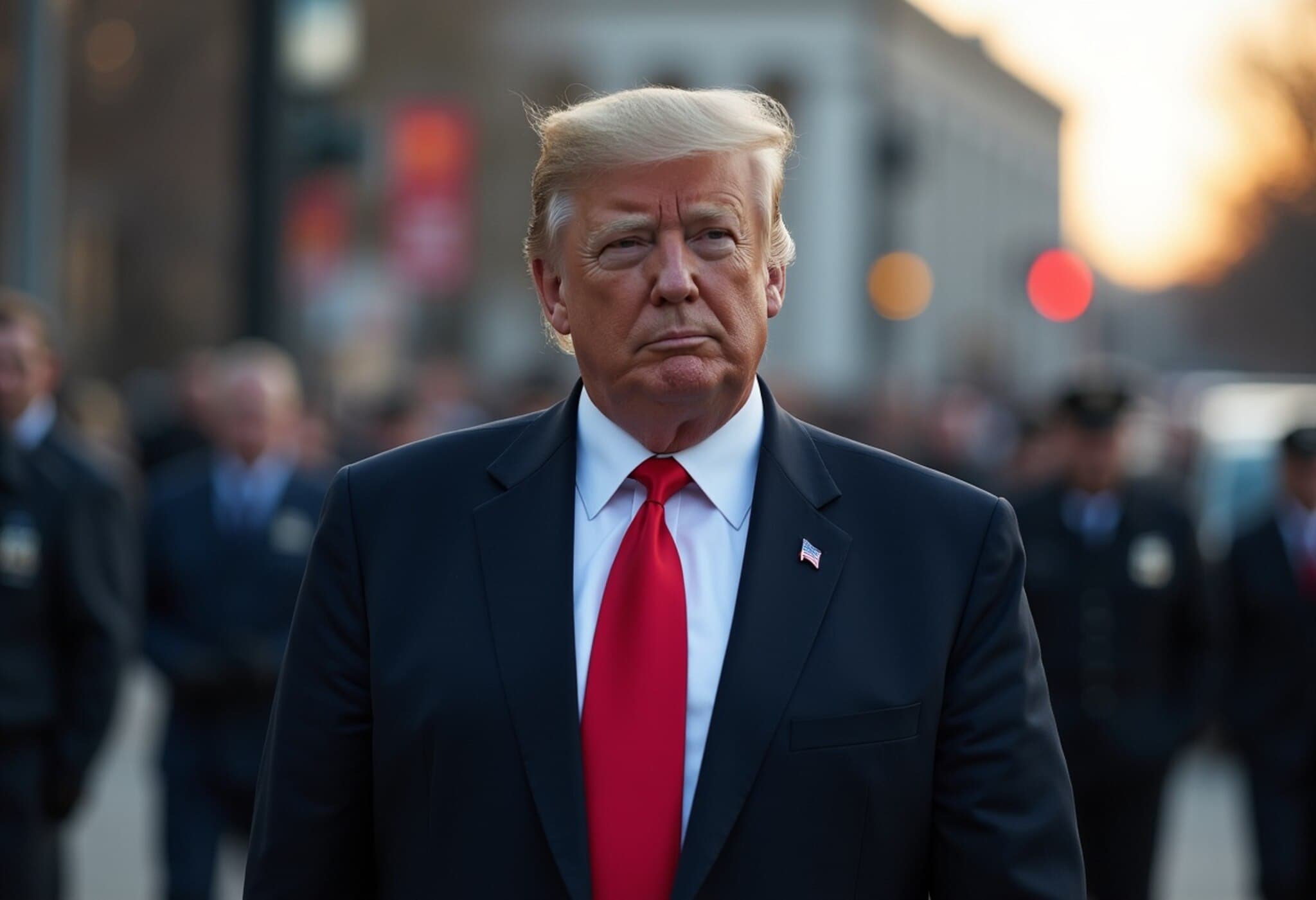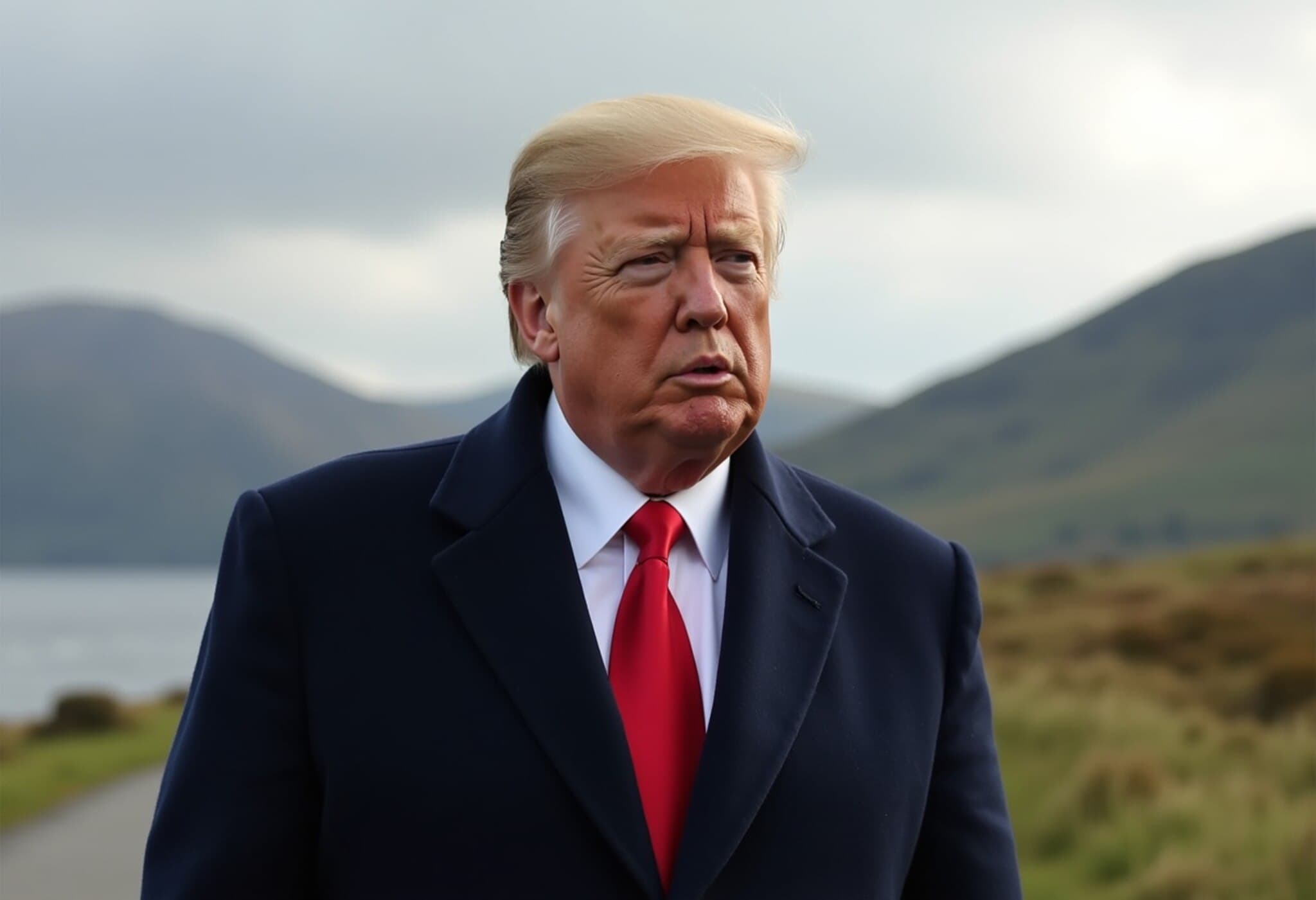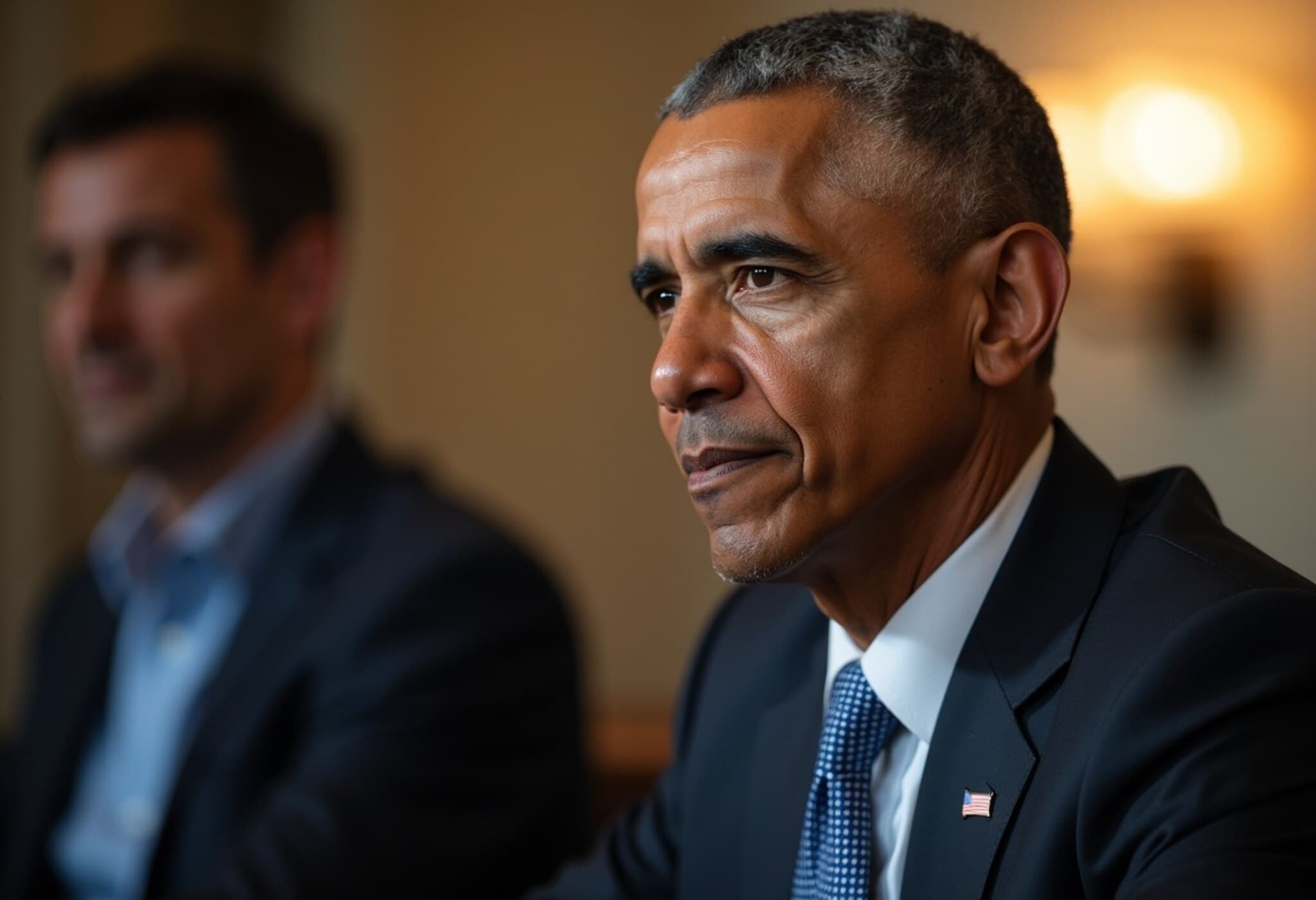Trump and CBS Reach $16 Million Settlement Over Alleged Interview Editing
In a development that has sent ripples through the media and political landscape, former U.S. President Donald Trump has announced a $16 million legal settlement with Paramount Global, the parent company of CBS. The settlement stems from allegations that CBS had misleadingly edited a pre-election interview with former Vice President Kamala Harris during the 2024 election cycle.
Allegations and Settlements: A Closer Look
Trump had accused CBS’s flagship news program, 60 Minutes, of manipulating content to present him unfavorably. Initially, CBS dismissed these accusations as "completely without merit," but the situation took a turn with the confidential $16 million settlement agreed upon by both parties. This move comes at a critical juncture as Paramount is currently navigating an $8 billion acquisition deal with Skydance Media, which remains under regulatory review.
Trump Claims Additional $20 Million Programming Deal with New CBS Owners
"Paramount/CBS/60 Minutes have today paid $16 Million Dollars in settlement, and we also anticipate receiving $20 Million Dollars more from the new Owners," Trump wrote, implying a lucrative new partnership with Skydance Media.
Skydance Media’s Role and Associated Controversies
Skydance Media, founded by David Ellison, son of billionaire Larry Ellison—who is known for his political connections, including ties to Trump—has attracted attention amid these claims. However, both CBS and Skydance have remained silent on Trump's allegations about the $20 million programming commitment.
Forbes reported that Paramount earlier denied any promises of compensation to Trump, telling The Washington Post that it "has no knowledge of any promises or commitments made to President Trump." Nonetheless, the speculation has intensified following CBS’s unexpected decision to cancel Stephen Colbert’s Late Show.
Stephen Colbert’s Criticism and Industry Reactions
Stephen Colbert, an outspoken Trump critic and longtime CBS Late Night host, labeled the $16 million settlement as "a big fat bribe." Though Colbert is scheduled to remain on air until May 2026, his recent statements signal deep distrust: "I don’t know if anything will repair my trust in this company," he said, adding with sarcasm, "But, just taking a stab at it, I’d say $16 million would help."
Democratic Senator Elizabeth Warren was quick to weigh in, tweeting, "This reeks of corruption." Her criticism taps into broader conversations about media integrity, political influence on major broadcasting networks, and the implications for public trust.
Contextual Analysis: What Does This Mean for U.S. Media and Politics?
This controversy highlights the increasingly blurred lines between political power, media ownership, and public discourse in the United States. The pending sale of one of the nation’s largest networks to a politically connected media company raises important questions about editorial independence and the potential for lucrative deals being used to silence or reward influential figures.
Moreover, the situation underscores the high stakes of the 2024 election aftermath, where narratives are contested not only in political arenas but through media influence. For news consumers, it signals a need for vigilance in discerning information sources and understanding the underpinning power dynamics.
Key Takeaways
- $16 million settlement resolved Trump’s lawsuit over alleged misleading edits in a CBS interview.
- Trump claims an additional $20 million in advertising or programming from CBS’s potential new owner, Skydance Media.
- Neither CBS nor Skydance has confirmed the additional commitment, fueling further controversy.
- Criticism from media figures like Stephen Colbert and politicians such as Elizabeth Warren signal deep concerns over media integrity.
- The case exemplifies the intricate ties between media ownership, political influence, and public trust in modern America.
Editor’s Note
While the settlement officially closes one chapter of legal dispute, the revelations about the potential programming deal and the timing of media ownership changes raise critical questions on the safeguarding of journalistic independence. For American democracy, maintaining transparent, unbiased media that resists political entanglement is paramount. This story deserves continued scrutiny as regulatory reviews and new developments unfold, highlighting the ongoing challenges in balancing corporate interests and democratic accountability.


